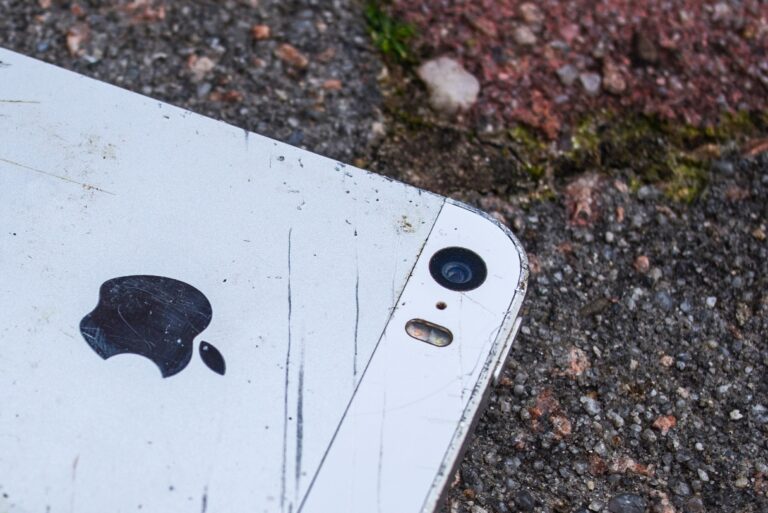
Happy Shopping?
With the holiday season around the corner, life can seem like one big shopping spree at this time of year. But where does the compulsion to buy come from? In this guest blog, Clinical Psychologist Dr Vikki Barnes explores the science behind why it feels good to shop and how we can feel good without consuming.
You’ve probably heard people say that we live in a consumerist world. This would mean that our happiness is based on obtaining goods and material possessions. I don’t buy that. I believe we live in a wonderful world where we can choose to be better. All it takes is a little pause, a little thought and a little action based on what we really want and need.

Yes, it’s lovely to have nice things, new things, they can bring us pleasure. But we must remain aware of how “things” are pushed in front of our noses with every ad, every pop-up, every notification. Comparing yours with theirs on social media? It’s all out there for the world to see and can be hard to get away from. Just consider this for a moment:
Do you want to be more in control of what you buy?
Do you want to have a positive impact on the world?
Yes and yes? Me too. That’s why I’m writing this blog – do read on…
Humans are (one of) the most developed and intelligent species on the planet. So we have the ability to have a huge impact on the future of our people and our world. As a Clinical and Organisational Psychologist, I believe that it begins with feeling good in ourselves. That’s why I started to focus my work on happiness many years ago and since then have seen countless individuals and companies make positive, lasting changes to the way they work and live, doing good for the environment and feeling better too. How? It’s not rocket science, it’s actually quite simple to make small changes in our day-to-day.
Feeling good isn’t really about buying things, it’s about the happiness chemicals and reward systems in our brains.
Feeling good isn’t really about buying things, it’s about the happiness chemicals and reward systems in our brains. The pickle we’ve got ourselves into is that buying things is an easy fix, so we’ve convinced ourselves that it’s one of the best ways to feel good. In reality, whilst buying does activate the reward circuitry, it doesn’t last long. It’s something called ‘hedonic pleasure’. Because it doesn’t last, and because we habituate to how that pleasure feels, we need to buy more and more in order to feel the same level of happies. Purchasing what you need is all well and good, and a treat now and then is part of the happiness story, but it isn’t nearly as effective as the ‘eudaimonic pleasure’, which is longer lasting and more meaningful. This comes from things like good relationships and purpose-driven work. It has a powerful impact on health and wellbeing for ourselves and those around us and in many cases, our planet too. Win, win, win!

There are countless healthy ways of achieving happiness, so here are a few ideas to get you started:
1) Set some time aside from the busyness of life to be with people. Real time, your time, boundaried time. No distractions, no devices, just purely mindful interaction with people who feel good to be around. And talk. That’s it! A free buzz of oxytocin, one of the happy chemicals associated with bonding. If you can get outside and connect with nature as well as people, even better, as research shows that spending time in nature is great for our health.
2) Get creating. When we engage in creative tasks we get into a state of flow, which is seen to increase parasympathetic nervous system activity, the calming system in our bodies. Much like mindfulness, without really having to try. If it’s enjoyable and a little bit challenging, you’ve got your flow state and a rush of happy chemicals such as dopamine and serotonin. So why not upcycle that old bookshelf or create your own original artwork for the wall with a collage of your favourite photos?
The act of giving can elicit oxytocin by knowing that you’re helping others. Swapping can produce a dose of mood-boosting serotonin, being on the receiving end of an act of kindness.
3) Have a giveaway or swap. One man’s trash is another man’s treasure. Don’t like that jumper anymore? Gone off that art hanging on your wall? What you consider worthless will be priceless to someone else. The act of giving can elicit oxytocin by knowing that you’re helping others. Swapping can produce a dose of mood-boosting serotonin, being on the receiving end of an act of kindness.
One of the biggest barriers to spending time on your health in the right ways is the feeling of not having enough… time. We’re in a culture of busyness. But believe me when I say that time spent on these kinds of activities, supporting yourself, others and the world, will be amongst the best times you’ll spend. Especially when you look back and feel glad you did. And smile. What’s better than feeling truly happy anyway?
_________________________________________________
Dr Vikki Barnes is a Clinical and Organisational Psychologist, Founder of Positive Wellbeing and Author of Free Happiness, on a mission to increase global happiness via people and planet wellbeing.

Guest blogs do not necessarily represent the views of Population Matters.


